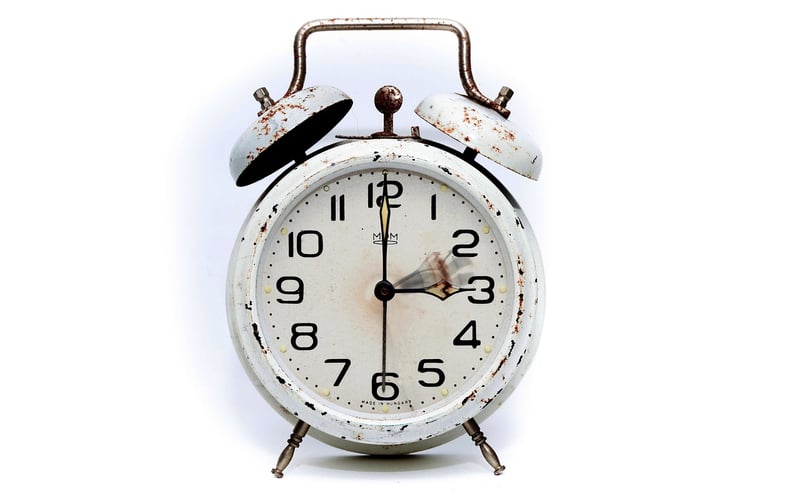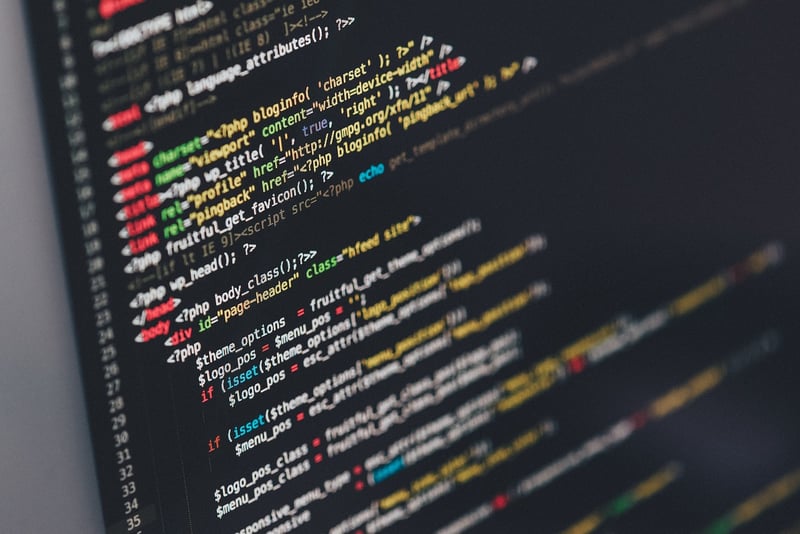Chrono Code Compliance
The Laws and Rules of Time Travel
Introduction
Time travel has been a popular concept in science fiction for decades, but what if it were possible in reality? The idea of traveling through time raises numerous ethical, philosophical, and scientific questions. In this article, we will explore the theoretical laws and rules that may govern time travel.
The Grandfather Paradox
One of the most famous paradoxes associated with time travel is the Grandfather Paradox. It posits a scenario where a time traveler goes back in time and prevents their grandfather from meeting their grandmother, thus preventing the time traveler's own birth. This paradox raises questions about causality and the possibility of changing the past.
Chronology Protection Conjecture
Proposed by physicist Stephen Hawking, the Chronology Protection Conjecture suggests that the laws of physics prevent time travel on a macroscopic scale. Hawking theorized that any attempt to create a time loop would result in a catastrophic event that would prevent the loop from forming.
Novikov Self-Consistency Principle
The Novikov Self-Consistency Principle asserts that any actions taken by a time traveler in the past must be consistent with the timeline they are already a part of. This principle implies that any attempt to change the past would be futile, as the time traveler's actions would already be accounted for in history.
Temporal Prime Directive
Popularized in the Star Trek series, the Temporal Prime Directive is a rule that prohibits time travel for the purpose of changing historical events. It emphasizes non-interference with the natural course of history and the preservation of the timeline.
Chrono Code Compliance
Aspiring time travelers must adhere to the Chrono Code, a set of guidelines and regulations governing time travel activities. These rules ensure the safety of the time traveler, the integrity of the timeline, and the preservation of causality.
Chrono Code Regulations:
- Absence of interference with historical events
- Respect for the Novikov Self-Consistency Principle
- Adherence to designated time travel corridors
- Non-disclosure of future knowledge to individuals in the past
- Strict prohibition of altering one's own past
Conclusion
While the laws and rules of time travel are largely theoretical, they provide a framework for understanding the complexities and consequences of manipulating time. Whether time travel will ever become a reality remains to be seen, but contemplating its implications sparks endless fascination and debate.

